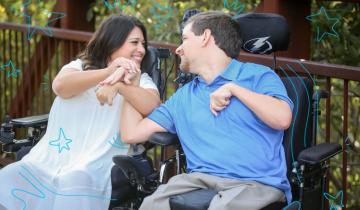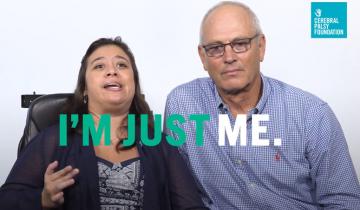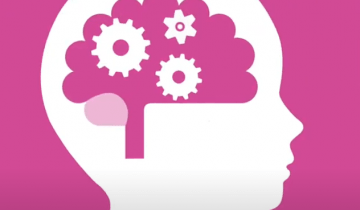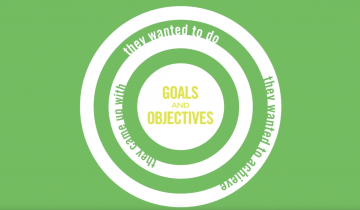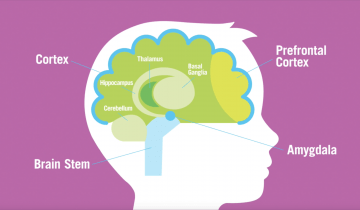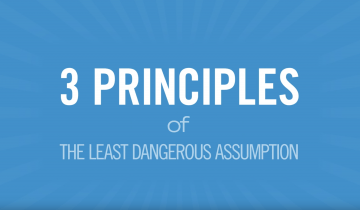Growing up with Cerebral Palsy I often wondered if I would ever experience my happily ever after. The fairytales my mom read me always followed the life of a beautiful princess falling in love with a handsome prince. You never read about a prince and princess in wheelchairs or with any type of disability for that matter.
